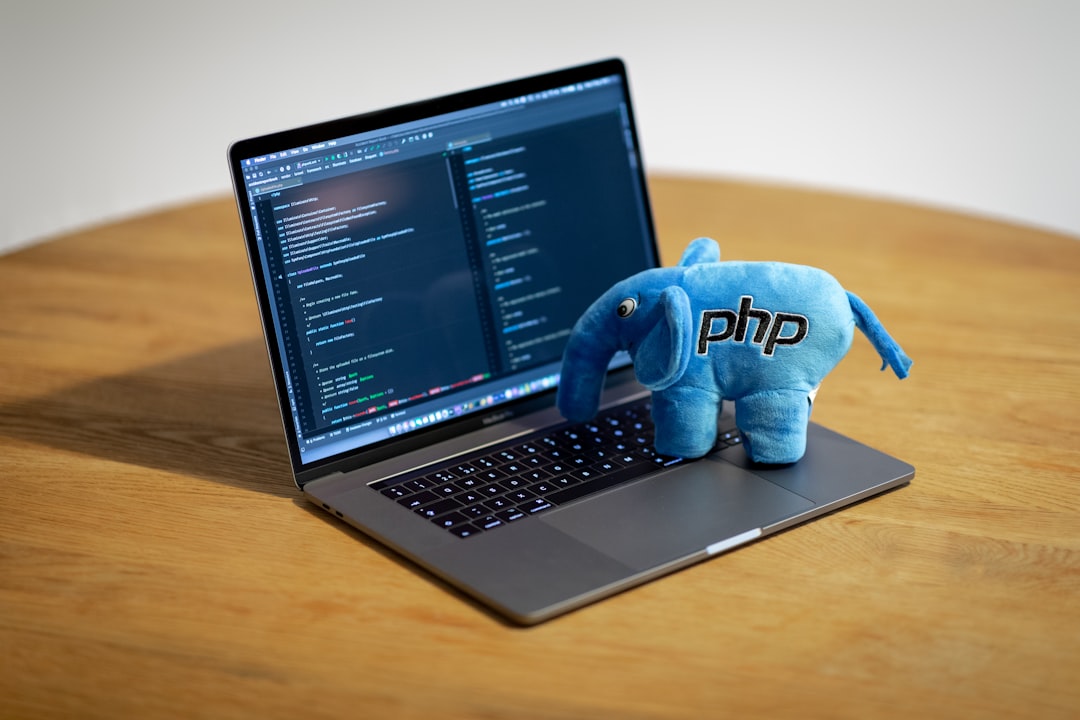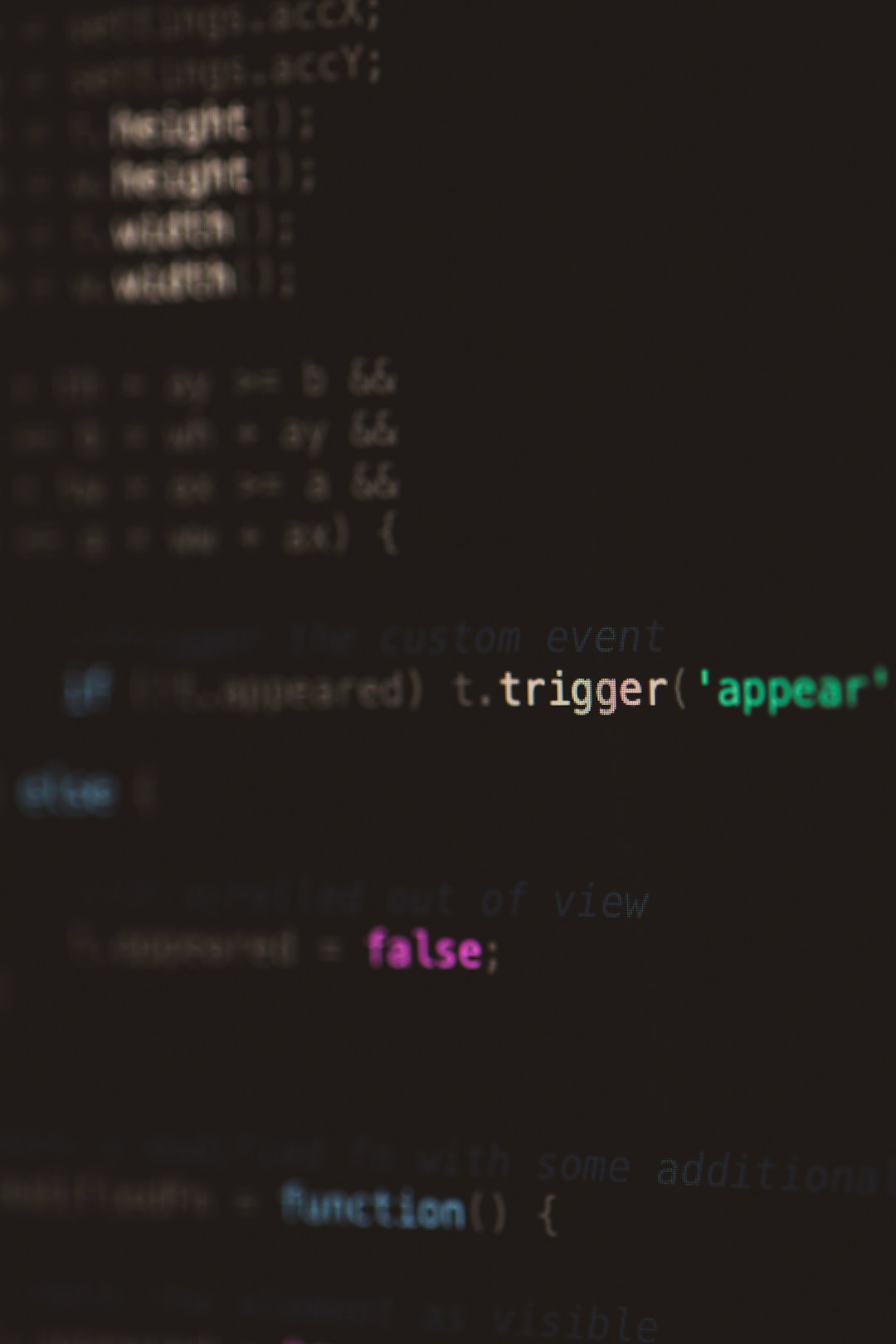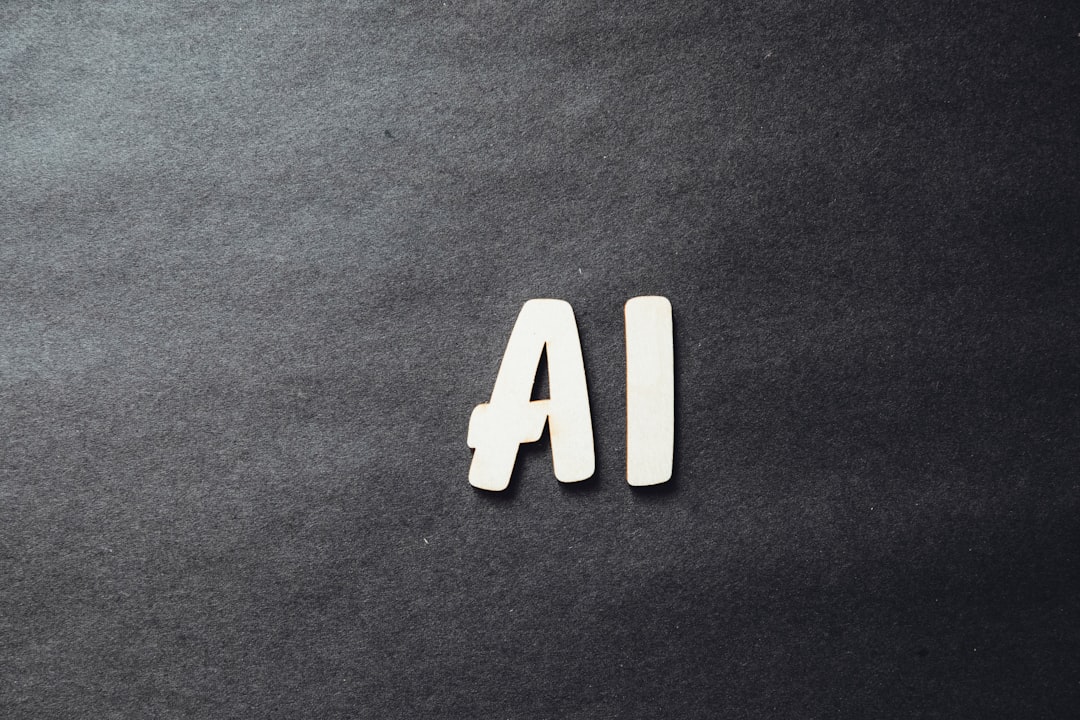Artificial Intelligence (AI) is changing the web. From smart chats to personal recommendations, websites are getting smarter every day. But behind the magic, there’s code. And not just any code — it’s the right programming languages that make it all happen.
Let’s explore the top programming languages for building AI-driven web apps. We’ll keep it simple, fun, and easy to understand.
1. Python – The AI Superstar
Python is like the superhero of AI. It’s powerful, flexible, and has tons of support for AI and machine learning. Plus, it’s super easy to read!
- Why it’s great: Simple syntax, tons of libraries (like TensorFlow, scikit-learn, and PyTorch)
- Best for: Data analysis, AI models, backend processing
Many famous websites use Python. Dropbox, Instagram, and even Netflix use it to get smarter.

2. JavaScript – The Web’s Favorite
You already know JavaScript powers websites. But did you know it’s also stepping into AI?
- Why it’s great: Runs right in the browser, supports AI libraries like Brain.js and TensorFlow.js
- Best for: Real-time AI on the frontend, chatbots, user experience
Imagine smart AI features without needing to refresh the page. That’s JavaScript magic!
3. Java – Old But Gold
Java has been around for a while, and it still rocks in AI and web development.
- Why it’s great: Strong for big systems, secure, works well with large AI apps
- Best for: Enterprise web apps, recommendation engines, search engines
Java is super stable. That’s why big companies trust it for their AI-driven web tools.
4. R – The Data Doctor
If your app needs deep data analysis, R is your best friend.
- Why it’s great: Built for statistics, has amazing AI packages
- Best for: Data-heavy apps, visualizing trends, AI research
While R isn’t commonly used for full websites, it’s perfect for creating the brains behind smart decisions.
5. TypeScript – JavaScript’s Smarter Sibling
TypeScript adds safety and power to normal JavaScript. Many modern web frameworks prefer it now.
- Why it’s great: Fewer bugs, works well with large apps
- Best for: Scalable frontend AI features, structured web development

6. Go – Fast and Furious
Google built Go for speed and performance. If your AI app needs to be super fast, Go is the answer.
- Why it’s great: Simple, fast, handles high traffic easily
- Best for: Real-time AI, backend systems, scalable APIs
It’s not as beginner-friendly as Python, but it sure is speedy and reliable.
7. Ruby – The Elegant Coder
Ruby is smooth and easy to read. With Rails, it’s a strong player in web apps.
- Why it’s great: Developer-friendly, good for fast development
- Best for: Small to mid-sized AI web tools, MVPs
Add gems like RubyDNN, and you’re ready to build smart apps with graceful code.
Which One Should You Choose?
Good question! It depends on what you want to build.
- Quick AI features on websites? Go with JavaScript or TypeScript.
- Strong backend intelligence? Python or Java are great.
- Need deeper data analysis? R is your choice.

Final Thoughts
AI is the future of web apps. And choosing the right language makes everything easier and faster. Whether you want a smart chatbot, a genius shopping assistant, or just cooler features — start with the right code.
Learn, test, and most of all — have fun! AI can sound fancy, but with the right tools, anyone can build amazing, intelligent web apps.